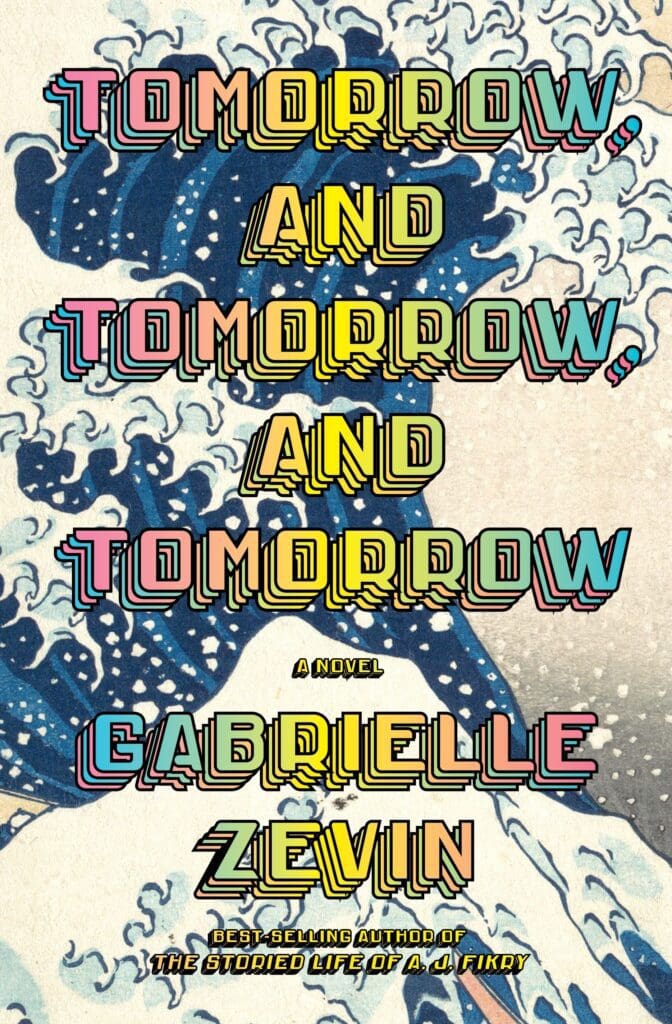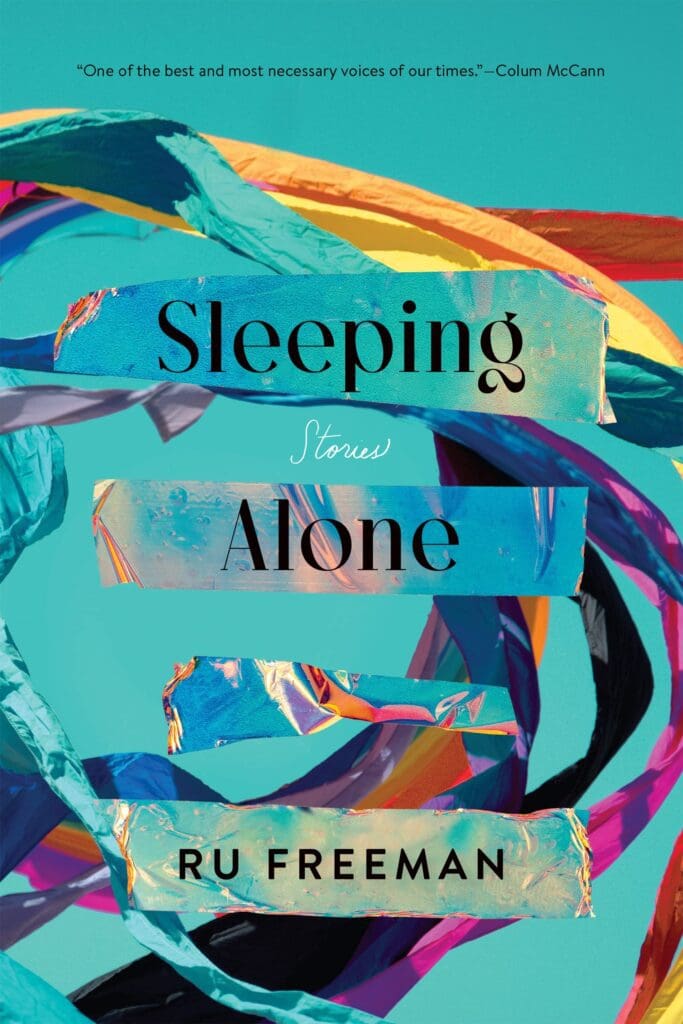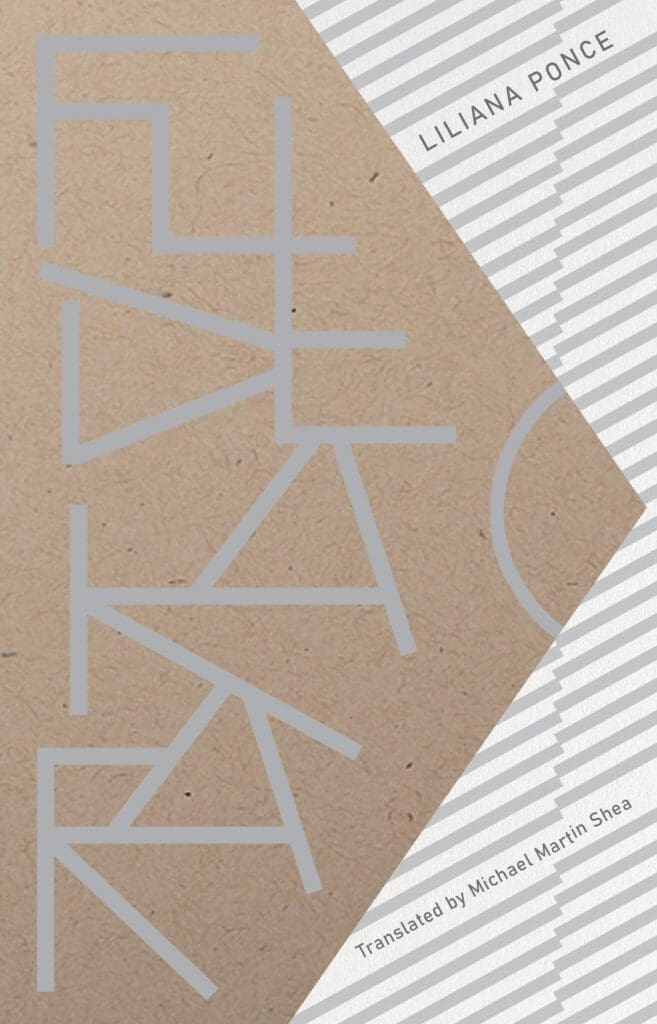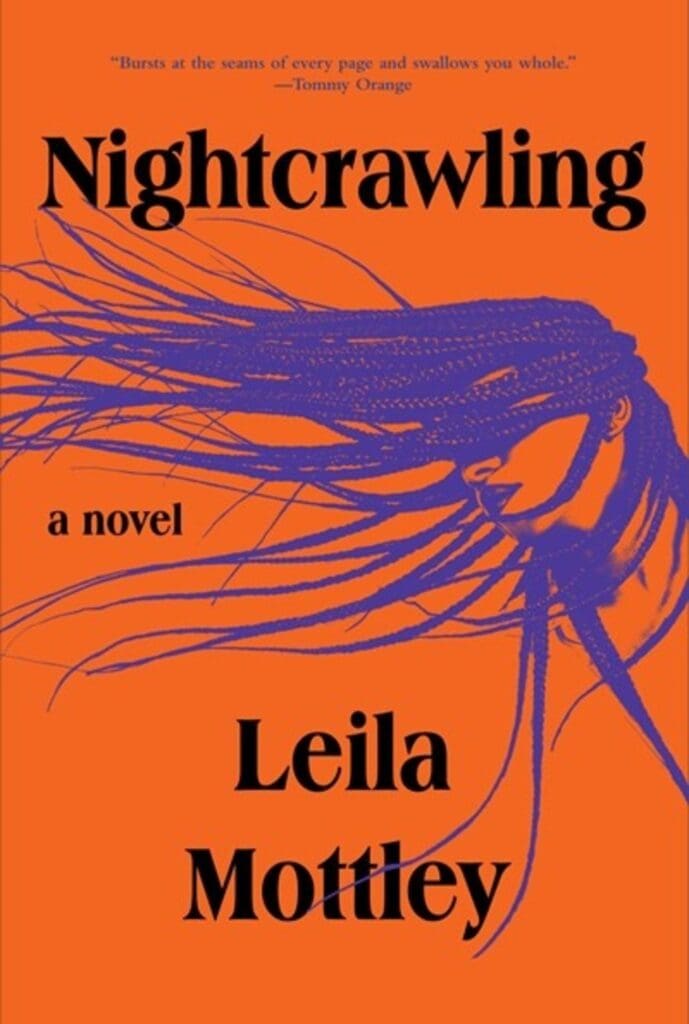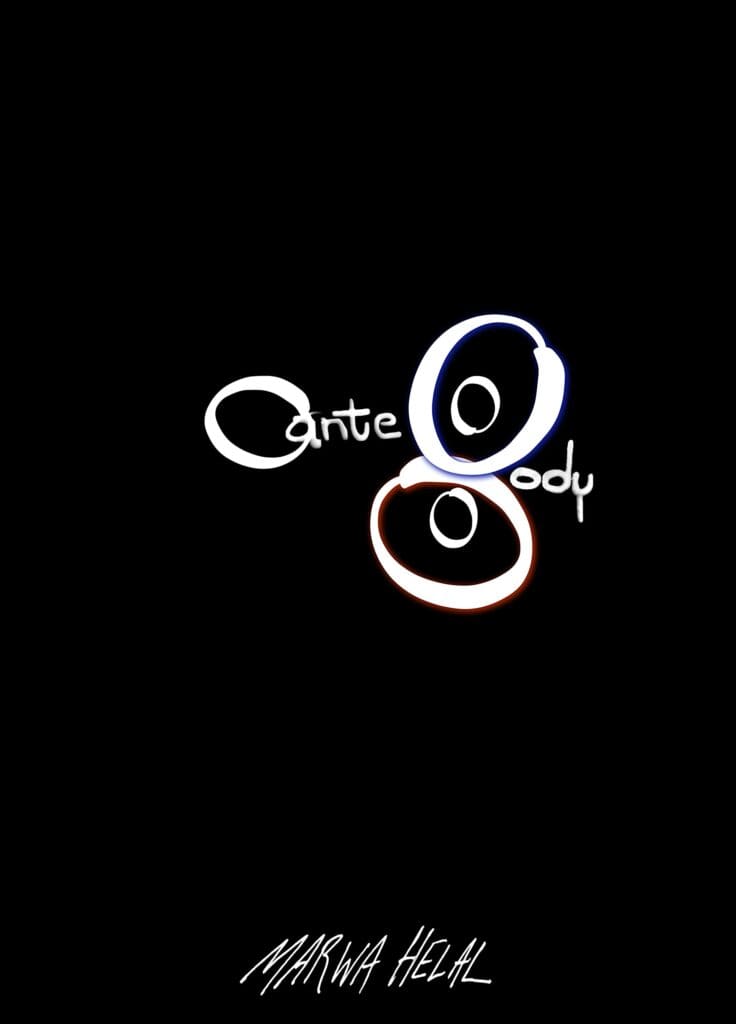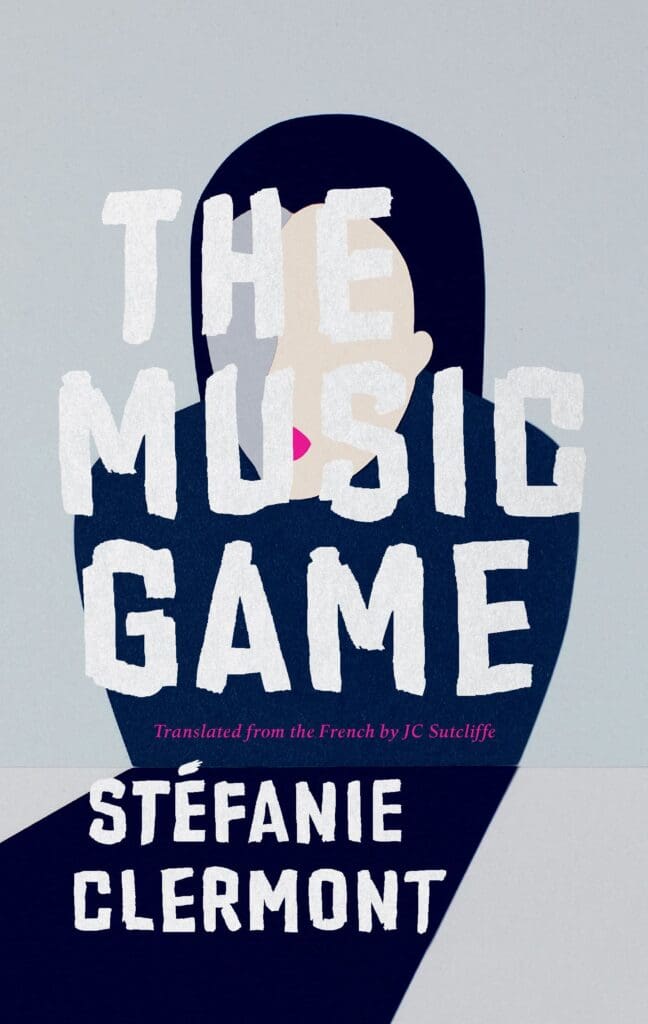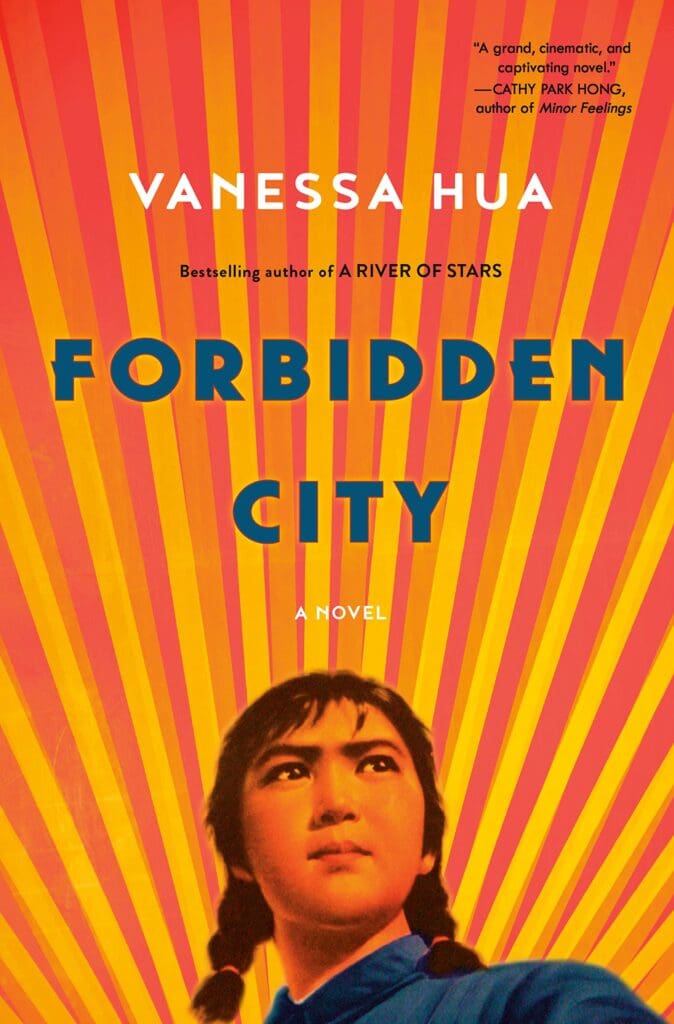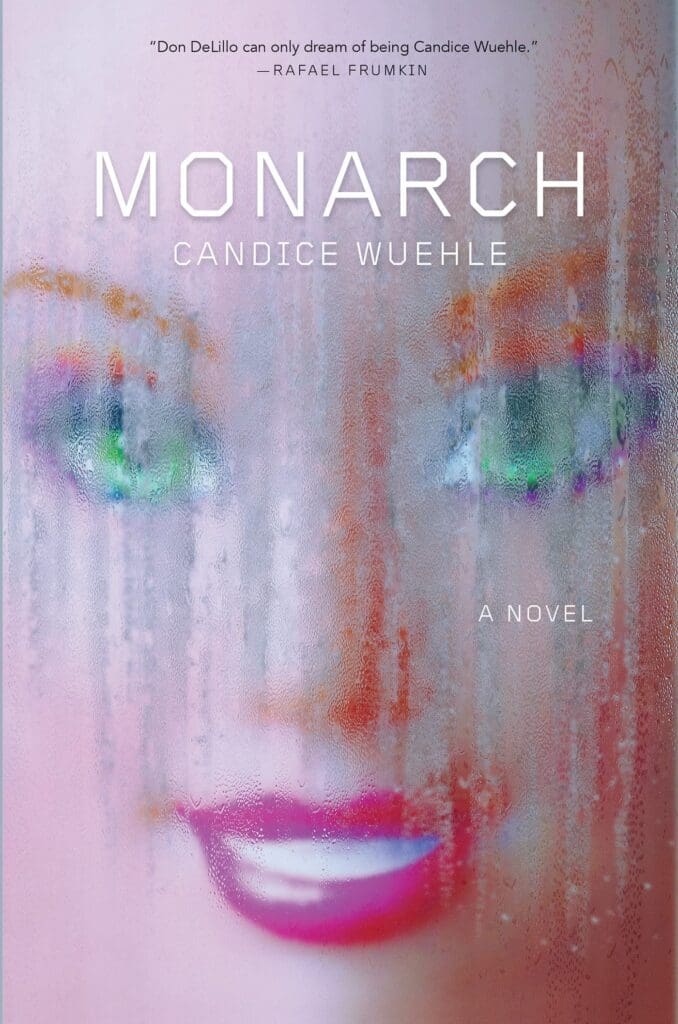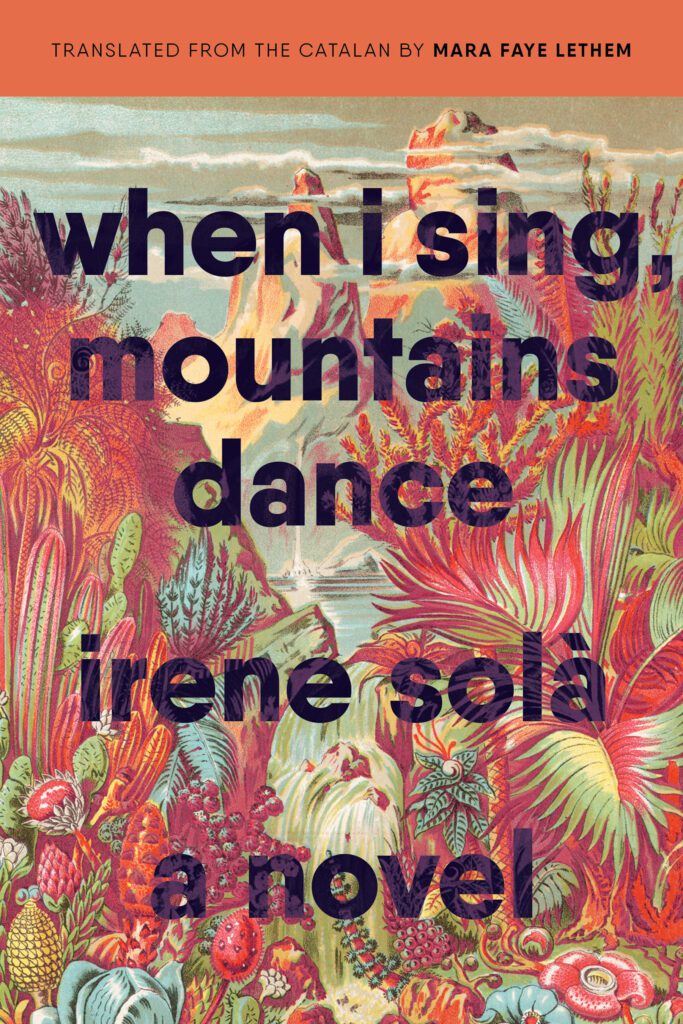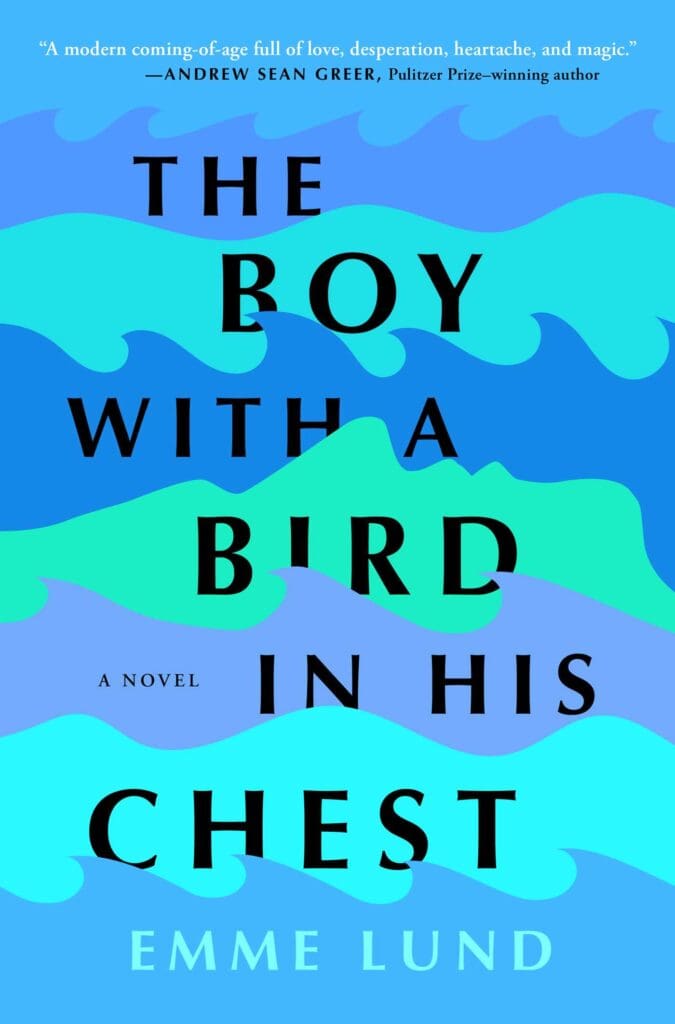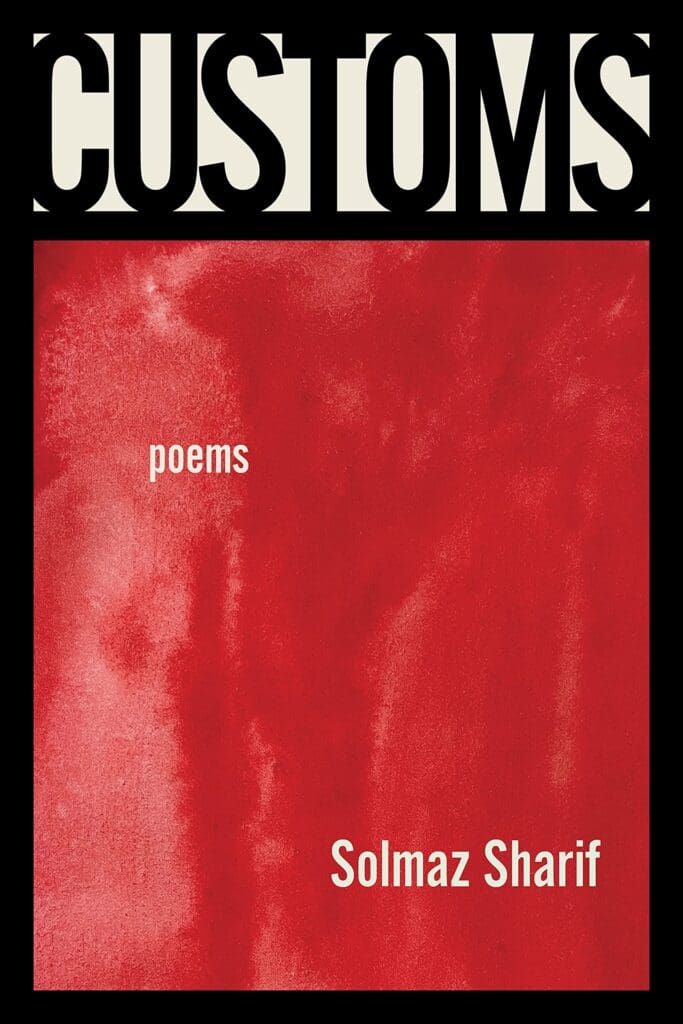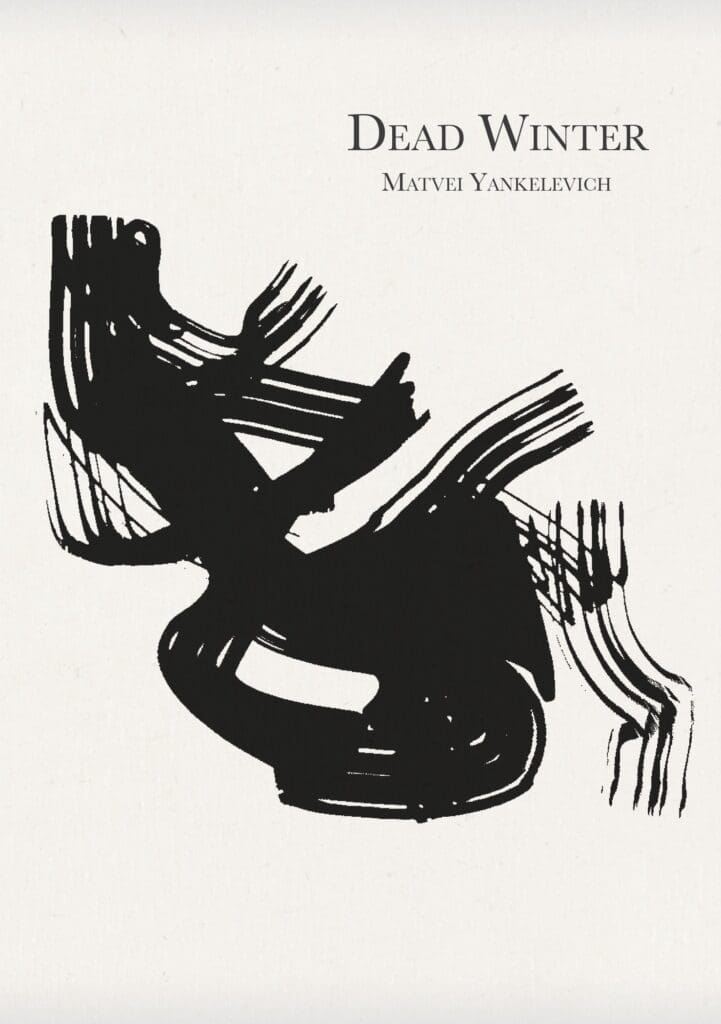If ever there were ever a novel that replicates the addictive, multi-level quality of video games, it would be Gabrielle Zevin’s Tomorrow, and Tomorrow, and Tomorrow (416 pages; Knopf),an endearing and loving portrait of three friends who start their own video game company. When they’re eleven, Sam and Sadie meet at the hospital. Sadie’s sister, Alice, is recovering from leukemia, and Sam is recovering from a terrible car accident that practically destroys one of his feet, an injury that haunts him throughout his life. As they wait around, they begin to play video games together, developing the bridge of play […]
‘Tomorrow, and Tomorrow, and Tomorrow’ by Gabrielle Zevin: Life as a Game
by Emily Garcia
